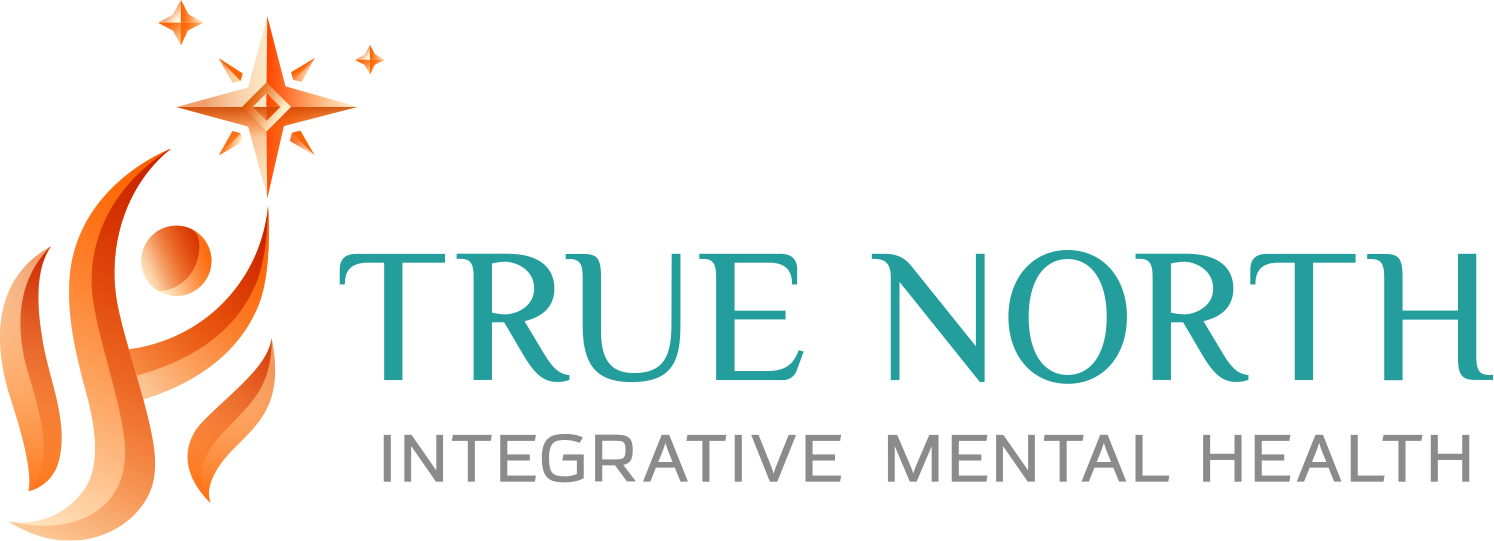What Causes Brain Zaps? Ways to Find Relief
Dr. Jamie Rogers • September 16, 2025
All of a sudden, you feel a sharp pain shooting through your head. It's not exactly painful, but it's disorienting… almost like a flash of electricity or bolt of lightning sparking inside your brain.
For many, these "brain zaps" come out of nowhere. It startles you and leaves behind an uneasy feeling that has you searching for answers. Struggling with these unpleasant sensations can be exhausting. You are not alone in seeking help for brain zaps.
In this article, we'll explore what brain zaps are, what causes them, and most importantly, practical strategies to help reduce their impact.
What Are Brain Zaps?
Brain zaps are sudden, shock-like sensations in the head that many people describe as feeling like a quick electrical jolt or a faint buzzing deep in the brain. Some liken it to a vibration inside the brain, while others call it a brief "brain blink," as if their mind momentarily flickers off.
These sensations can be accompanied by dizziness, nausea, ringing in the ears (tinnitus), or even flashes of light. Most brain zaps last only a few seconds, but they can feel powerful enough to stop you in your tracks.
Are Brain Zaps Dangerous?
Despite how jarring they feel, brain zaps are not considered medically dangerous. Research shows they are not linked to brain damage or long-term neurological problems. That said, the impact brain zaps can have shouldn't be dismissed. Frequent zaps can interfere with sleep, increase feelings of anxiety, and leave people on edge. Most people who look for help with brain zaps discover they are not harmful but can still affect quality of life, and that reassurance can make them a little easier to manage.
Still, there are times when medical attention is essential. If brain zaps occur alongside seizures, fainting, chest pain, or suicidal thoughts, immediate help is necessary.
What Causes Brain Zaps?
The most common cause of brain zaps is antidepressant withdrawal and neurotransmitter imbalances. Stress, caffeine, sleep disturbances, and other medications can also trigger brain zaps.
Stopping Antidepressants like SSRIs and SNRIs
Medications like SSRIs (selective serotonin reuptake inhibitors) and SNRIs (serotonin-norepinephrine reuptake inhibitors) help regulate serotonin and norepinephrine, which are essential brain chemicals for mood regulation and nerve communication.
So, when someone suddenly stops or misses a dose, the brain experiences a sudden shift in neurotransmitter activity. This shift temporarily disrupts the brain's signaling and produces the electric shock-like sensations people describe as brain zaps. Research found that drugs such as sertraline (Zoloft), venlafaxine, fluoxetine (Prozac), and duloxetine were most often linked to this symptom.
Stopping Use of Benzodiazepines and Stimulants
Benzodiazepines, like Xanax, increase gamma-aminobutyric acid (GABA), a neurotransmitter that helps calm brain activity. When GABA levels decline after discontinuation, certain brain regions may become overactive, possibly triggering brain zaps.
Similarly, stimulants used to treat ADHD, such as Adderall, and recreational drugs like MDMA, alter neurotransmitter balance. Sudden changes after stopping them have also been associated with brain zaps.
Lifestyle Triggers and Risk Factors
But medication changes aren't the only factor. Several lifestyle triggers can bring on brain zaps:
- Disrupted sleep, whether due to extreme tiredness, sudden waking, difficulty transitioning into sleep, or a sleep disorder, can also increase the potential for brain zaps.
- Caffeine acts as a stimulant that changes brain activity and may worsen withdrawal-related symptoms.
- Stress and anxiety can overstimulate the nervous system, increasing the likelihood of brain zaps.
- Physical movements like walking, running, or shifting posture quickly may trigger these sensations.
- Illness is another potential trigger, as being unwell can heighten nervous system sensitivity and intensify withdrawal effects.
If you are seeking help with brain zaps, it's essential to understand both medication-related and non-medication causes. Because the term "brain zaps" is informal and not a medical diagnosis, discussing the timing, frequency, and associated symptoms with a healthcare provider is important for identifying your potential triggers, ruling out other conditions, and developing a safe plan for relief.

How to Find Relief and Help with Brain Zaps
There are many ways to find help with brain zaps, from medical tapering to at-home strategies. While these sensations can feel unsettling, small steps and professional guidance often make them more manageable.
Medication Management
The most effective starting point is often medication management under the guidance of a healthcare provider. Gradually tapering antidepressants instead of stopping abruptly can reduce the likelihood of withdrawal symptoms. Work with your doctor to develop a tapering plan that fits your needs.
Therapeutic Support
Everyone's experience with brain zaps is unique, which means there's no one-size-fits-all solution. Seeking professional guidance from a mental health practitioner can help you uncover the triggers behind your brain zaps. Working with a professional confirms you get safe, effective help that is tailored to your specific needs and circumstances.
Lifestyle Adjustments
Lifestyle adjustments can also provide meaningful help with brain zaps.
- Prioritize consistent sleep. A lack of sleep can disrupt neurotransmitter balance and make brain zaps more likely. Strive for 7–9 hours of quality sleep each night to keep your brain functioning well.
- Stay hydrated. Dehydration can intensify neurological symptoms. Aim for at least eight glasses of water daily, and more if you're active.
- Eat nutrient-rich meals. Low levels of magnesium, vitamin B12, and other essential nutrients are associated with brain-related issues, so focus on a balanced diet that includes leafy greens, whole grains, lean proteins, and fortified foods.
- Alleviate stress. Stress is a major trigger of brain zaps. When the nervous system is overstimulated, brain zaps may become more frequent. Practices like deep breathing, yoga, or mindfulness can help keep stress in check.
- Move your body. Gentle movement, like walking or light exercise, can ease stress. Spending time outdoors or journaling provides an outlet for emotional release and relaxation.
- Seek support. Consulting with a medical professional is always recommended. But many people also find comfort in leaning on loved ones or joining support groups where they can share their experiences.
Find Help with Brain Zaps in Greenville, North Carolina
Brain zaps can be startling, even frightening, but the reassuring truth is that they are not dangerous. Most often linked to changes in medication, these jolts typically fade as the brain readjusts. Safe tapering, steady lifestyle habits, and supportive care can make the process easier and less disruptive.
If symptoms become overwhelming or interfere with daily life, it's important to reach out for professional support. At True North IMH of Greenville, NC, we understand how unsettling these sensations can feel, and we're here to walk with you through the process of finding relief. If you want to learn more about our services,
get in touch today.

Our Helpful Links
Schedule a Consultation
Get help with depression today! It's important to know that you are not alone.


